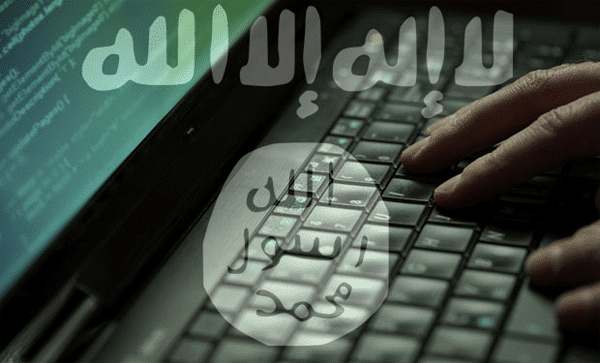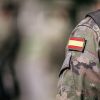
Mosul, where Abu Bakr al-Baghdadi proclaimed the Islamic State (IS, otherwise known as ISIS or Daesh) as a caliphate in 2014 has almost fallen after nine months of fierce fighting. The recapture of Raqqa, the IS capital in Syria, is only a matter of time following the offensive by the Syrian Democratic Forces, a coalition of Kurds and Arabs that has international backing. Daesh has lost 60% of the territory it controlled in January 2015. This does not imply its disappearance but rather a partial return to its rural roots and a regrouping of what remains. Given the prospect of its territorial extinction, which will take time but is dimly discernible, a greater danger is that it mutates into Islamic State 2.0, the name coined by General Stephen Townsend, the US military commander in Iraq.
The loss of its territorial base is important for Daesh and for Abu Bakr al-Baghdadi, if indeed he is still alive –various reports claim that he was killed in a bombing raid some weeks ago, although this has not confirmed by the US–. He has not been seen live since that famous sermon in Mosul. The caliphate concept is linked to territory, and without a territory he may lose his religious base, although this is not the most important element. But the pressure on the ground is placing a strain on an idea, a concept, and on his form of governance. In addition, there are the effects on the movement’s revenues stemming from the loss of territory. It has been calculated that these have fallen from €71 million (US$81 million) in 2015 to €14 million today, a drop of almost 80%.
Daesh should not be written off. This is not a case of ‘mission accomplished’, regardless of the triumphant announcement of ‘total victory’ in Mosul made by the Iraqi Prime Minister, al-Abadi. As the US special envoy, Brett McGurk said, ‘This thing is not over at all. We have some ways to go yet’. His comment came at the end of a recent meeting in Washington of the Coalition to Counter ISIS, one of the largest in history and now comprising 72 members (it may, however, be weakened by the crisis pitting Saudi Arabia and other states against Qatar). McGurk claims that they are defeating Daesh on the ground, and stemming the flow of foreign fighters, including in Syria, and also claims that those who are on site are not returning. But this does not ensure the security of other countries, such as EU members, from acts carried out in the name of the Islamic State.
Lately Daesh has lost territory as it has simultaneously gone global, with a network of affiliates stretching from sub-Saharan Africa to the Far East, taking in of course North Africa and Europe. The battlefront is global. It has also put down more roots in another domain, cyberspace, something that all jihadists know how to exploit, hence both the G7 and the G20 having agreed to take the fight against this brand of terrorism to the furthermost reaches of the Internet. It is important to differentiate acts carried out by Islamic State from those it has inspired, wherever they occur. And it is not alone. Jihadism remains a force to be reckoned with. In highly varied guises, al-Qaeda is awaiting the weakening of Daesh to bolster itself and incorporate some of its elements, in the opinion of various experts, including Bruce Hoffmann.
To avert a resurgence of a defeated Daesh one needs to ask why it emerged in the first place. It was a radical Sunni response to the 2003 invasion of Iraq, the dismantling of the state –and the imprisonment of many of its military leaders– and the Shia ascent to power in Iraq, with the subsequent Syrian ramification stemming from the civil war, and the growing autonomy of the Kurds, who have played a decisive role in the offensives against Islamic State. The problem will only be solved –and perhaps not even then– if the Sunnis regain a measure of dignity and a portion of the power in Iraq (and in Syria): in other words, if there is national reconciliation.
As France and Germany have noted in a joint declaration, ‘The defeat of IS in Mosul represents a unique opportunity to rebuild the country and to work towards achieving national reconciliation’. ‘If we’re to keep ISIS 2.0 from emerging, the Iraqi government is going to have to do something pretty significantly different’, according to General Townsend. The task of national reconciliation is extraordinarily complex, both in Iraq (dominated by the Shiites and, in their territory, the Kurds) and in Syria, where it will first be necessary to end the civil war being fought by various sides. However, the Trump Administration shows little interest in reconstruction. It is only interested in the destruction of Daesh with the support of the international coalition (and to a certain extent Russia). It is likely that reconstruction will fall once again to Europe and the wealthy oil-producing countries in the region. And reconciliation? Iran will have a good deal to say and do in this regard. Reconciliation will need to take place not only at a national level but at a regional one too.


